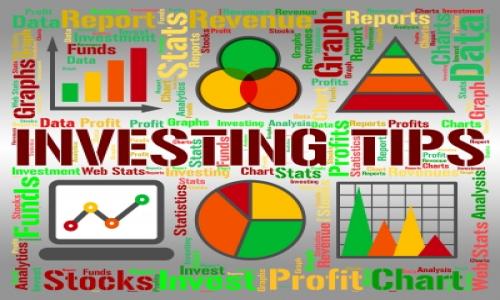Is now a good time to put money into a short term bond fund? With rates so low, will you lose money in these funds when rates rise? Are they the best option to park some money?
I recently had a friend who came into a significant chunk of money and he asked me these questions. My friend didn't want to risk losing the money in the stock market and had already invested a significant amount in short-term CDs. But he was looking to earn a bit more and his broker mentioned several short-term bond funds. Both of these funds were relatively safe. The first invests in highly rated Massachusetts municipal bonds, the second invests in Ginnie Mae mortgage backed securities. Ginnie Mae insured MBSs are secured by the government.
First, let me provide some basic information on bonds. When interest rates rise, a bond's value falls. When interest rates fall, the opposite happens. Bond prices and interest rates move in opposite directions. The reason is very simple. Suppose you purchased a $10,000 bond with a 5% interest rate. If tomorrow, rates go up to 6%, then you'd be kicking yourself because you lost out on a percent of interest. Now, you have a 5% interest bond when the market is paying 6%. So to get anyone to buy your bond, you'd have to lower the price. Instead of charging $10,000 (your original purchase price), you'd have to charge a price that allows the buyer to earn at least 6%, or what they can get on the market. So the price of the bond adjusts downward to reflect the current interest rate.
Luckily, there is a metric used to determine how sensitive bonds are to interest rates. It's called duration. If you look at any bond fund, you'll see a duration number. Duration is measured in years. So, if a bond fund has a duration of 5.4, it means the bond will lose 5.4% for every 1 percentage point increase in interest rates.
The Fidelity Massachussets Municipal Income (FDMMX)
30 Day Yield: 3.32%
Tax Equivalent Yield: 5.39%
Duration: 7.8
The Fidelity GNMA Fund (FGMNX) (Ginnie Mae)
30 Day Yield: 3.22%
Tax Equivalent Yield: 3.22%
Duration: 2.1
Massachusetts Municipal Income will lose 7.8% of its value for every 1 percentage increase in interest rates while the GNMA fund will lose only 2.1%. Why? Becuase the GNMA invests in much shorter maturity bonds. They roll over more quickly so the fund can adjust more rapidly to changes in interest rates.
Notice that the pre-tax adjusted yield on the two funds is nearly the same. The Massachusetts fund benefits from holding tax-advantages municipal bonds.
If you believe that interest rates are going up in 2010, as I do, then the GNMA fund seems a wiser choice. If rates spike as high as 4-5%, the Massachusetts fund could lose as much as 35% of its value while the GNMA would only lose 10%. Of course 10% is not minimal. Depending on the amount that needs to be invested, the other option it so place the money in a high yield cd. CD rates are low, but there is no risk to principle. The top 12-month cd rate is currently 2% APY.
My friend had already deposited a significant amount in cds, so I advised him to go with a GNMA type fund. For now, that seems like the best bet on the risk/reward spectrum. My other advice was to shop around and check out some of the other fund providers before making a choice. Compare performance, fees, etc. before making a choice.



Add your Comment
use your Google account
or use your BestCashCow account